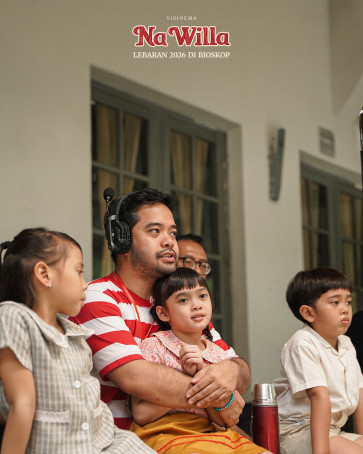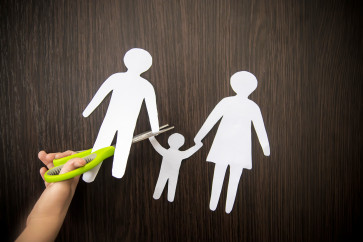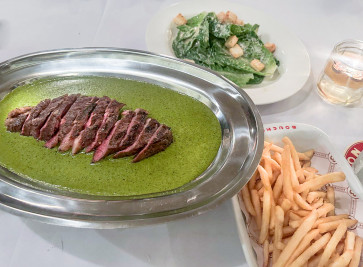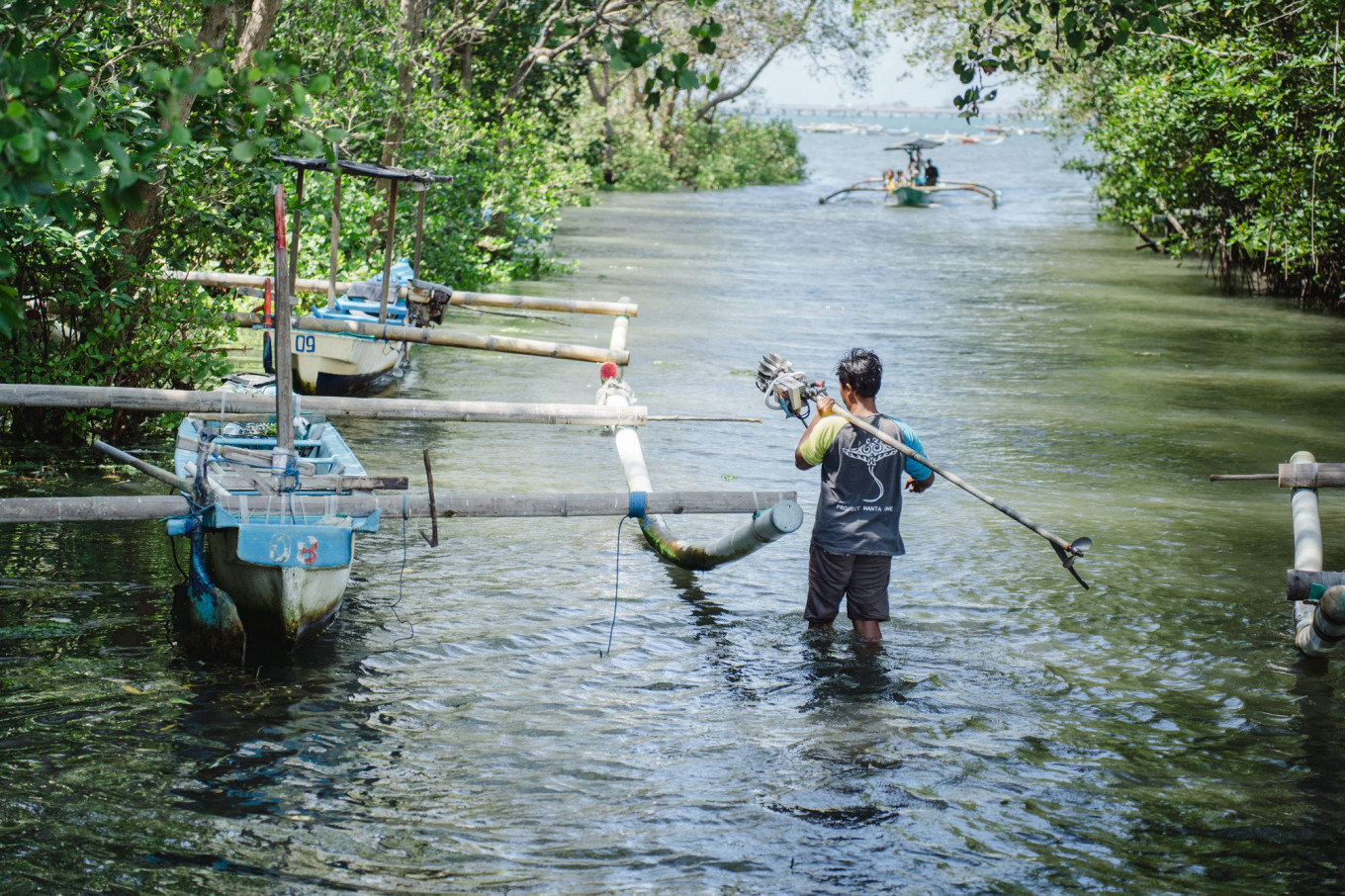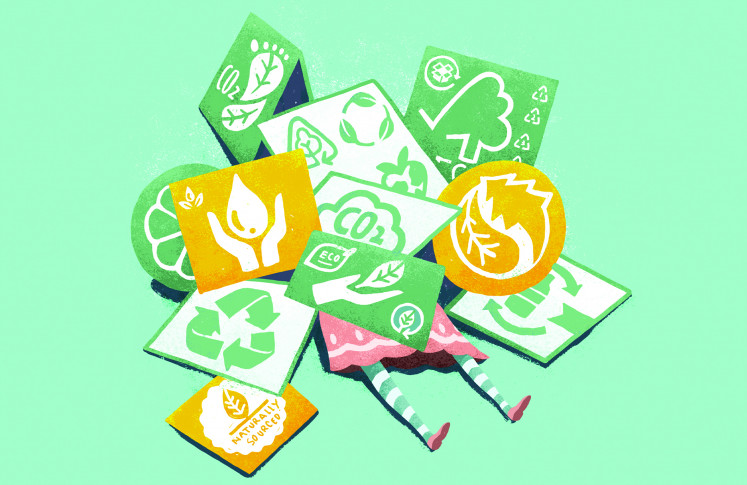(Courtesy of Azura Indonesia)
Wayan, a traditional fisherman from Kelan village in Badung, Bali, now spends quiet mornings out at sea.
He recently replaced the conventional mesin ketinting (combustion engine) that he had been using for his Balinese jukung (outrigger) canoe, with an electric propulsion engine called MantaOne.
Powered by an electric motor connected to an in-house designed Li-Ion battery, MantaOne can run for three hours at top speed, which is around 4 to 5 knots, almost completely silently.
“A ketinting engine produces 90 percent more noise and vibrations than the MantaOne,” says Wayan.
His fellow fisherman from the village, Jiran, adds that this now allows them to communicate with each other.
“Before, we couldn’t talk to other fishermen even if we were on the same boat, let alone in different boats,” Jiran says.

Thank you!
For signing up to our newsletter.
Please check your email for your newsletter subscription.
MantaOne is an innovation developed by Azura Indonesia, a social enterprise that aims to enhance the resilience of coastal fishing communities in Indonesia by integrating green technology and sustainable practices.
Born in what is dubbed “Silicon Bali” for the number of sustainability-focused start-ups on the island, Azura’s mission is in line with the Balinese philosophy of Nangun Sat Kerthi Loka Bali, or maintaining sanctity and harmony for Bali’s prosperity.
Read also: Dance and delight: Shaping Commune-sense at Krapela
The idea for the electric engines began in 2017, when ocean lover and engineer Nadea Nabilla Putri returned to Indonesia after completing her studies and gaining work experience as a technology researcher in South Korea. That same year, she was crowned Miss Scuba Indonesia, which allowed her to travel the country to advocate for marine conservation.
During these trips, she learned that small-scale fishermen were facing problems with rising fuel prices, suffering from noise and air pollution from their gasoline-powered boats, and dealing with the detrimental impacts of unsustainable fishing practices.
Combining her love for the ocean and her technical expertise, Nadea decided to develop a technology that could reduce the money fishermen spent on fuel, as well as minimize the noise and air pollution their boats produced.
In 2020, after several trials, MantaOne was eventually perfected and launched.
“MantaOne helps fishermen reduce the cost per trip by 70 percent, from US$6 to $2,” Nadea said.
“It also reduces their carbon footprint by up to 100 percent, depending on the [energy] source that the user chooses to charge the engine battery.”
If green or renewable energy sources are used, such as solar panels, then MantaOne can reduce carbon emissions during use by up to 100 percent. If conventional gray electric sources are used, it can still reduce the carbon footprint by up to 50 percent.
“The fishermen love that the engine has almost no noise and can run at a good speed,” said Nadea, adding that as many as 24 units of MantaOne have been installed so far.
Azura is currently working with coastal communities in Kelan village in Bali and in Banyuwangi, East Java, but is planning to reach more.
“The biggest challenge is to build trust within the coastal communities by providing practical products or solutions,” Nadea said.
But the team at Azura is up for the challenge.
“We only have two homes, first our own body and the second is the earth. Let's act in our capacity, because what we do matters. Let our legacy be beautiful,” Nadea said.
Read also: To invest or not to invest in a Bali villa?
This article is part of The Weekender, a biweekly tabloid that appears in the Saturday edition of The Jakarta Post. Offering a variety of feature articles on lifestyle and culture, it aims to enriching your reading experience. Subscribe here to access The Jakarta Post's Saturday edition and all Premium content.





